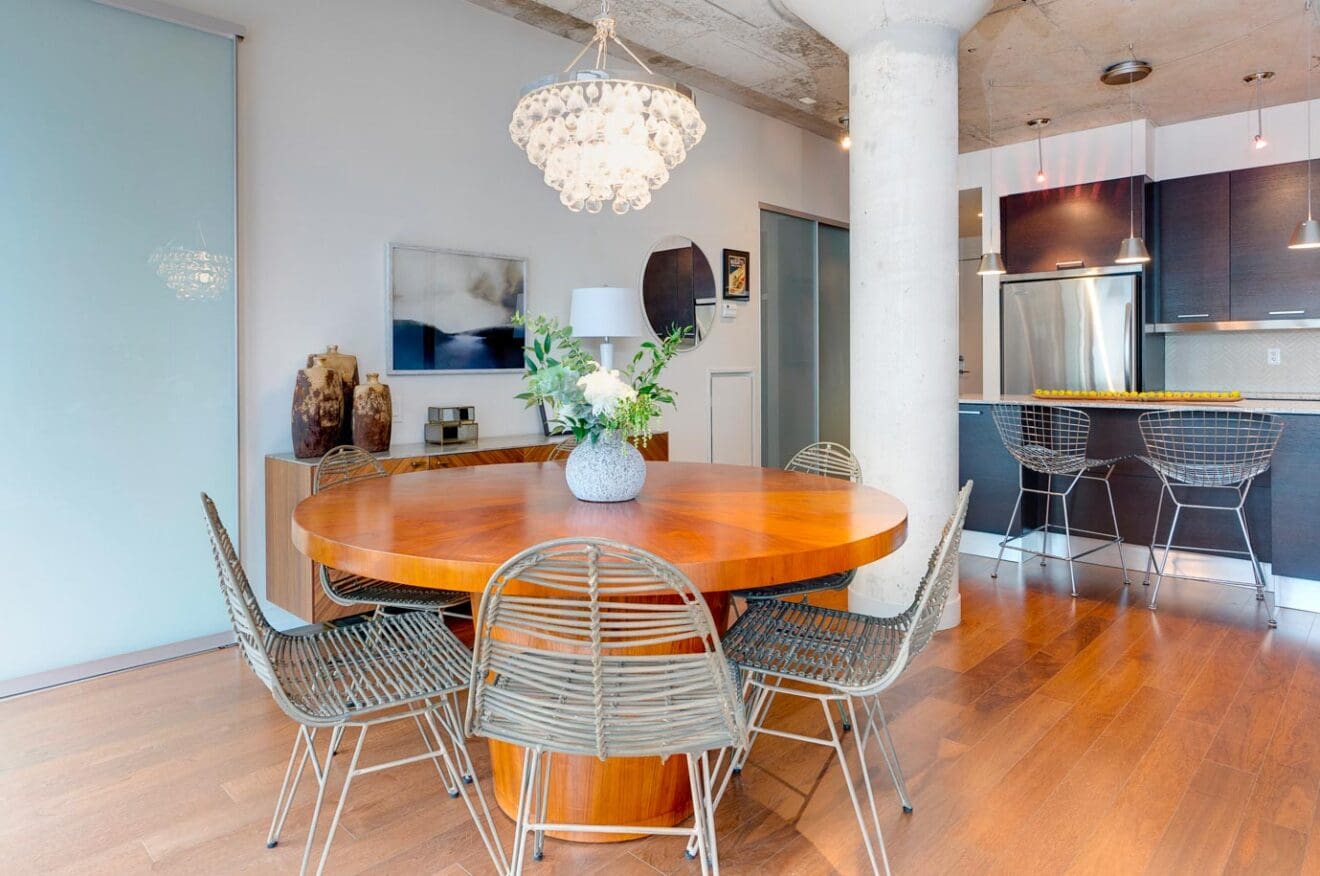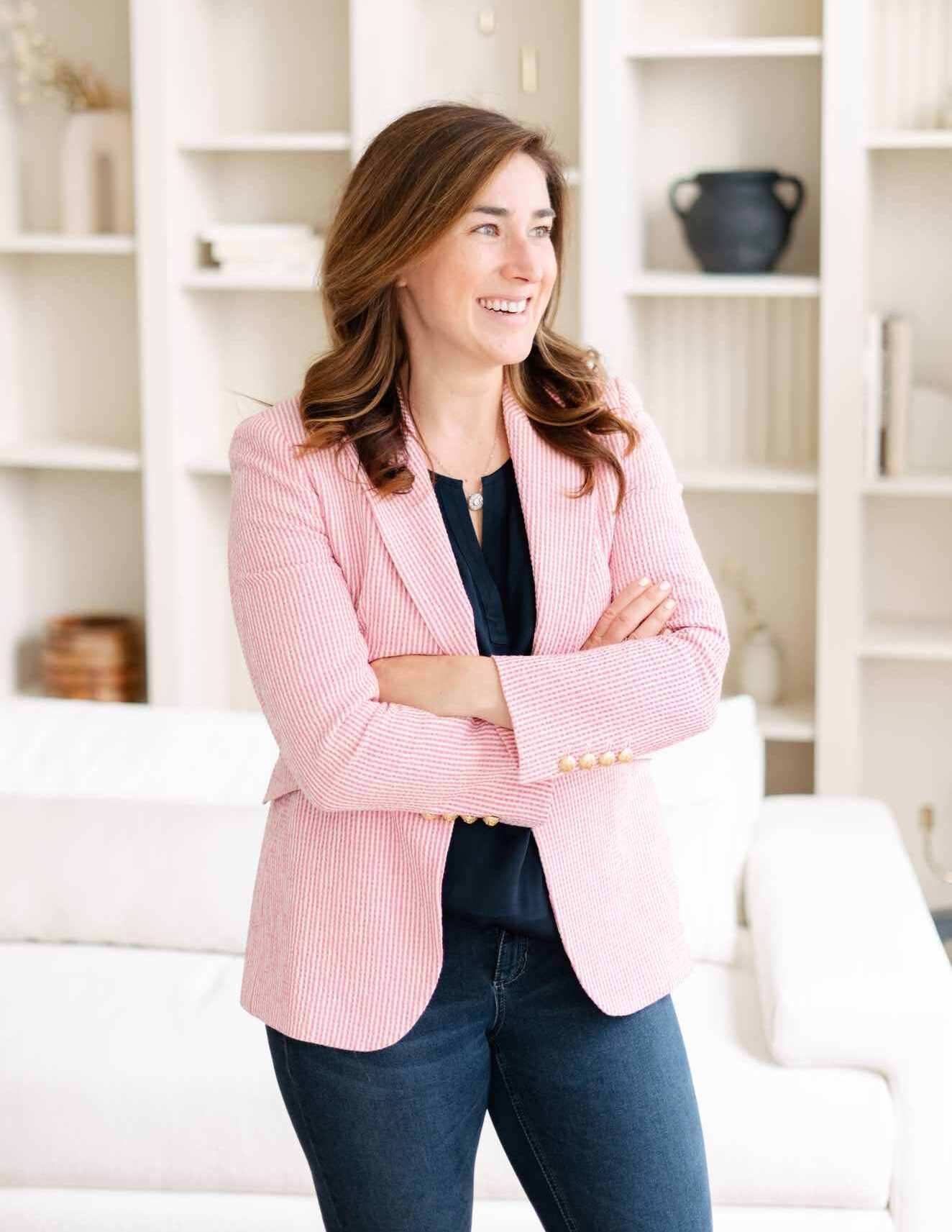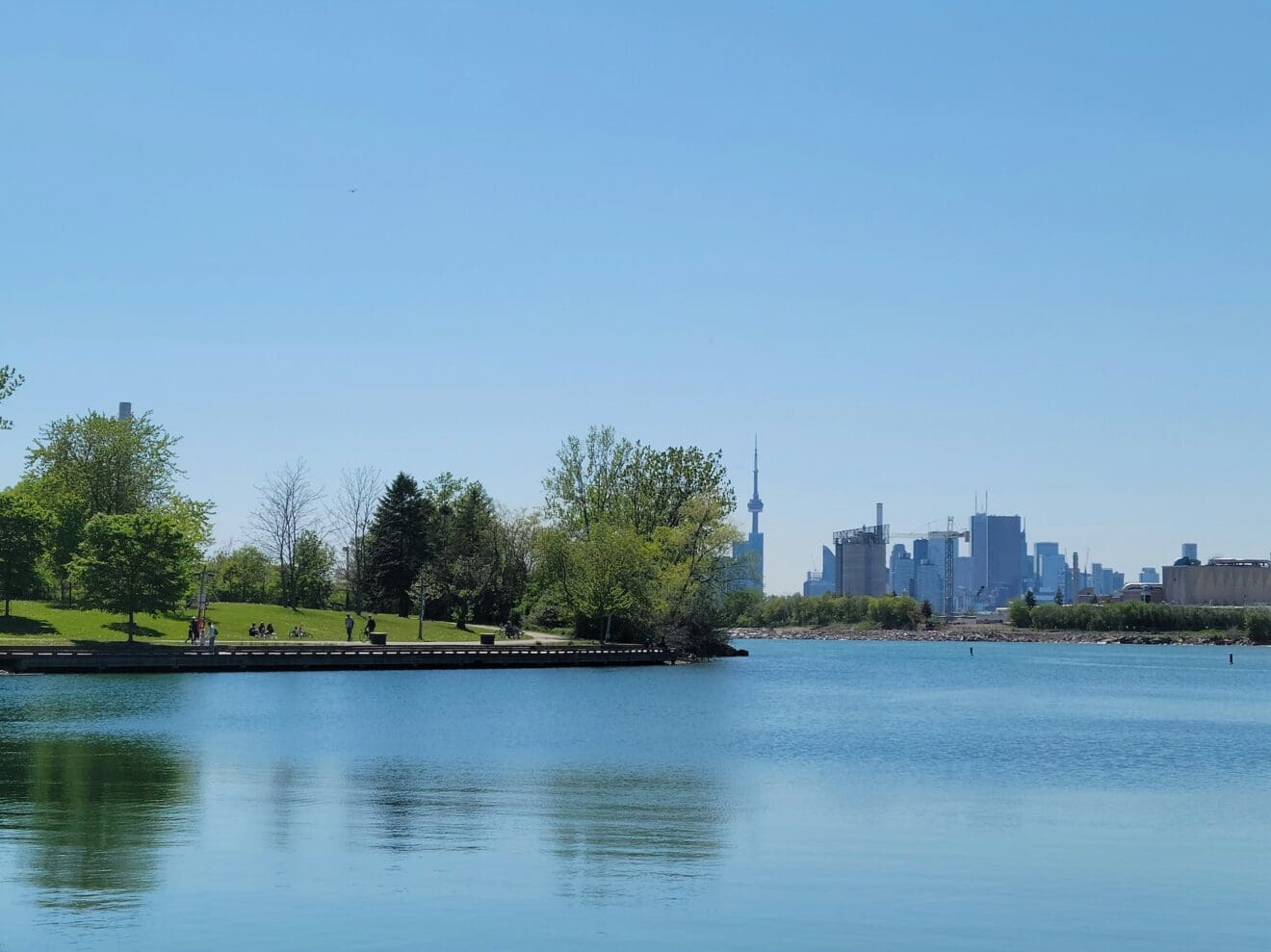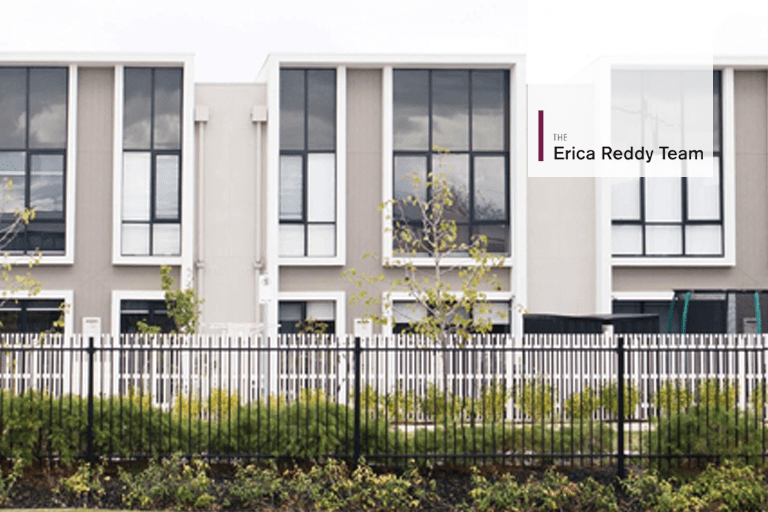
Buying a house is a pivotal moment in anyone’s life. It doesn’t matter whether it’s your first time achieving this milestone or you’ve bought and sold multiple properties over the years. The excitement never gets old, and the experience always feels like a fresh new start.
Whether the process is stressful or seamless depends on how prepared you are. Researching the market will help you understand the current real estate landscape. Above all, having a realistic and well-cushioned budget is essential for a positive buying experience. In this post, we’ll talk all about closing costs.
Do you want to use every tool at your disposal to make your first home-buying experience a success? Then don’t miss our free guide, Top 10 Mistakes Buyers Make—And How to Avoid Them.
When $1 Million Isn’t $1 Million
It’s no secret that Toronto real estate comes at a price. The initial sticker shock is only amplified when you think of how much you’ll really need to add to your overall cost.
Closing costs can vary depending on where you buy and the structure of the property. For example, the City of Toronto has its own municipal land transfer tax. Newly constructed homes come with HST (although you may qualify for a rebate for the federal portion). In addition, new condos can require development levies.
Real estate professionals typically advise setting aside 5 to 6% to cover all closing costs and to allow for the unexpected. By this calculation, a $1 million home could potentially add up to $1,060,000.
If you wanted to buy a house and keep it under the million-dollar mark, a maximum bid of $950,000 will give you some breathing room. Now that you’ve got an idea of how much to cushion your budget, let’s take a look at how all of these expenses add up.
Are you still fine-tuning your location for your new home? The posts below can help:
- Toronto Versus Everywhere Else: Why We Love It Most
- These Toronto Neighbourhoods are Perfect for a Fresh Start
- Up and Coming Neighbourhoods for Families
Land Transfer Taxes
Land transfer taxes are typically your most substantial closing cost. This goes double when buying a house in Toronto as you need to pay both the municipal and provincial governments. In 2024, Toronto also implemented a luxury tax on properties that exceed $3 million.
Assuming your purchase falls below this amount, your tax breakdown is the same for both the province of Ontario and the City of Toronto.
- 0.5% of the value up to $55,000 ($275)
- 1% on the amount from $55,000 to $250,000 ($1,950)
- 1.5% from $250,000 to $400,000 ($2,250)
- 2% from $400,000 to $2 million (up to $32,000)
- 2.5% on all amounts beyond $2 million for properties with one or two single-family residences
How does this work out in the real world? Let’s go back to your offer for $950,000. Your land transfer taxes would work out to $15,475 for both the province and the municipality ($275 + $1,950 + $2,250 + $11,000) for a total of $30,950. From here, there are still several closing costs to take care of.
First-time buyers can feel overwhelmed by the land transfer taxes. Fortunately, there is some relief. Learn more in How the Government is Helping First-Time Buyers in Toronto.
Legal Fees
Before your transaction closes, you will need a real estate lawyer to run a title search, arrange for title insurance, and review the Agreement of Purchase and Sale and any mortgage documents. As you take possession, they will register your deed with the Land Registry Office.
We can’t put an exact dollar amount on this cost as some purchases are more complex than others. It can range from as little as $2,000 for a simple transaction to $5,000 or more if any issues arise. When asking for quotes, be sure your lawyer includes any disbursement fees.
Home Inspection and Appraisal Fees
A home inspection by a qualified inspector can bring to light any issues that might impact your decision to purchase a particular house. When the market allows, you can make it a condition of your offer. During busy times, you may have to arrange it in advance.
The process will take a few hours and cost a few hundred dollars. The peace of mind is well worth it for most buyers.
An appraisal is an evaluation by a certified appraiser to estimate the fair market value of the home. Most lenders will require it before approving your mortgage. Like the home inspection, it adds up to a few hundred dollars. The lender will sometimes cover it, especially if you are a new client. It never hurts to ask.
Mortgage Insurance
There is a misconception among many people that a 20% down payment is required when buying a house in Canada. While there are advantages to paying more up front, it isn’t always necessary.
Your total down payment depends on the final purchase price. Homes that are $1.5 million or more require at least 20% because they do not qualify for mortgage insurance. A low-ratio mortgage is necessary to shield the lender from risk.
On less expensive homes, your down payment can range from 5 to 20%. However, all high-ratio mortgages are subject to mortgage insurance. Based on the newest guidelines, you would need a minimum of $70,000 for a $950,000 home. This means the lender is covering the remaining $880,000. A 4% premium would work out to $35,200 in insurance costs. Fortunately, this is one expense you can spread out over time by including it in your mortgage.
Miscellaneous Moving Costs
We have accounted for your most substantial closing costs when buying a house. However, there will still be a few expenses, which could include utility hookups, property tax adjustments, development charges (on new builds), and other incidentals.
On top of all of this, you also have moving expenses. No matter how you look at it, effective budgeting is a must if you want to comfortably afford and enjoy your new home.
Looking for even more guidance when hunting for your next home? Look no further than the posts below:
- What You Need To Know About Buying A House In A Changing Market
- Should You Buy or Sell First in a Shifting Market?
- How To Find the Right Real Estate Agent
Why Buy With a Realtor®
Buying a house is unquestionably an expensive endeavour. However, there is one expense you generally don’t have to worry about as a buyer.
Your real estate agent is typically paid by the seller, which means you can benefit from expert representation with no out-of-pocket costs. By working with a local, experienced real estate agent who knows how to negotiate, you can acquire your new home at the lowest price and best terms possible. What you save can help to make your home more affordable and a more valuable financial investment.
A personalized strategy makes buying your next home far more straightforward. Reach out to us at erica@ericareddy.com or call 416.443.0300, and we are happy to guide you each step of the way.

Meet The Erica Reddy Team
Find out how our specialized skill sets and extensive Toronto market expertise empower your real estate venture.






